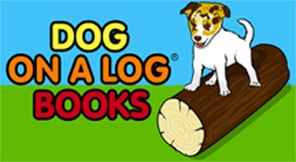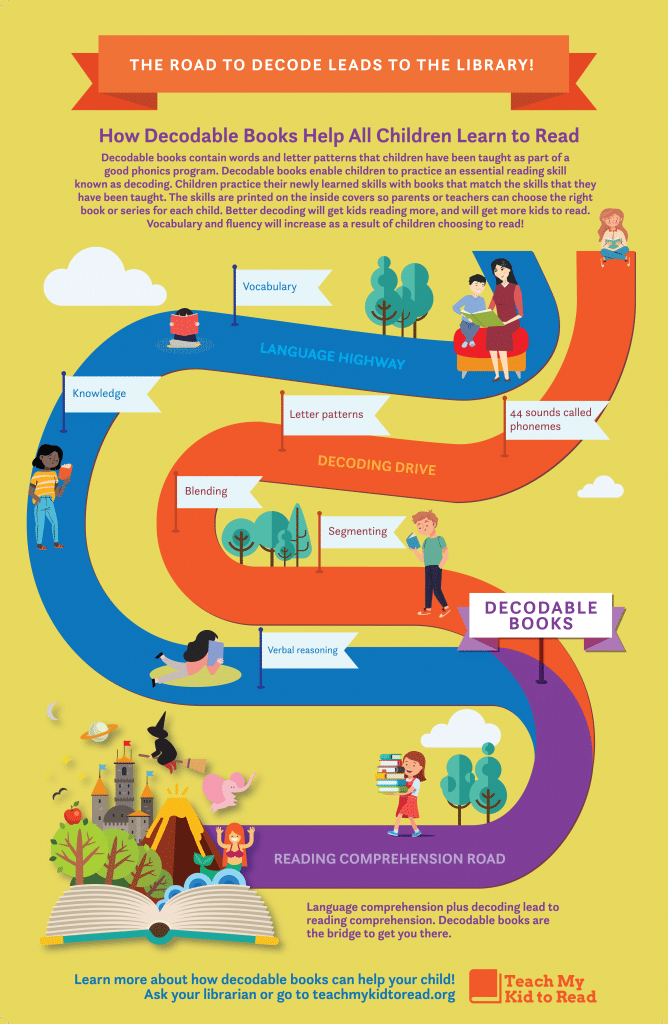
How You Can Help Children and Adults Learn to Read
If more people understood the importance of teaching phonics to all children, how people with dyslexia learn, and the importance of decodable books, a lot more children and adults would have greater success in learning to read.
Here are some simple actions you can take to help.
1. If you’ve found a product, whether DOG ON A LOG Books or something else, that has been helpful, leave a review with your favorite online bookseller. For families and teachers who are uncertain how they can help their new or struggling reader, online reviews can actually give them hope along with showing them strategies/products that are useful.
2. If your child’s school is not using explicit systematic phonics for teaching reading, approach them with the facts. Any of these resources would be helpful:
A. At a Loss for Words How a flawed idea is teaching millions of kids to be poor readers
B. Put Reading First: The Research Building Blocks for Teaching Children to Read
C. Hard Words: Why aren’t kids being taught to read?
D. Teaching a Struggling Reader: One Mom’s Experience with Dyslexia.
E. How to Use Decodable Books to Teach Reading.
3. Ask your school or library to provide decodable books.
4. Teach My Kid to Read (TMKTR) is a non-profit group whose mission is to provide parents, educators, and anyone interested in literacy with the tools to help all children, including those with dyslexia, learn to read. TMKTR has a library program called The Road to Decode, encouraging libraries to have decodable books available for emergent, and struggling readers. (See their poster below.) You can contact them for information on how to help your library get decodable books (they are a 501 (c)(3) nonprofit organization and welcome donations to help furnish educational materials.)
5. Here’s how you can help children have easier access to decodable books. Decodable books are essential for children with dyslexia or other struggling readers. They are written so that children who know the phonics rules (and limited, specifically chosen, sight words) can read the books.
There are very few decodable books available, though that number is slowly increasing. If books could be identified as “Decodable” then parents, teachers, schools, and libraries could find them with greater ease. They would be able to have their own shelves in libraries and bookstores. As the mother of a child with Dyslexia, I was incredibly overwhelmed when I was first trying to find books for her because most “phonics books” are not decodable books.
If you and other professionals and parents would request that decodable books have their own category under the BISAC Codes, it would be easier for these books to be found.
Here is the link to make this request:https://www.surveymonkey.com/r/K9CH9MD
I would suggest the recommendation come under the heading Juvenile Fiction:Readers:Decodable and/or Juvenile Non-Fiction:Readers:Decodable.
For more information on BISAC codes, their website is https://bisg.org/
Some of the main publishers/providers of decodable books are:


